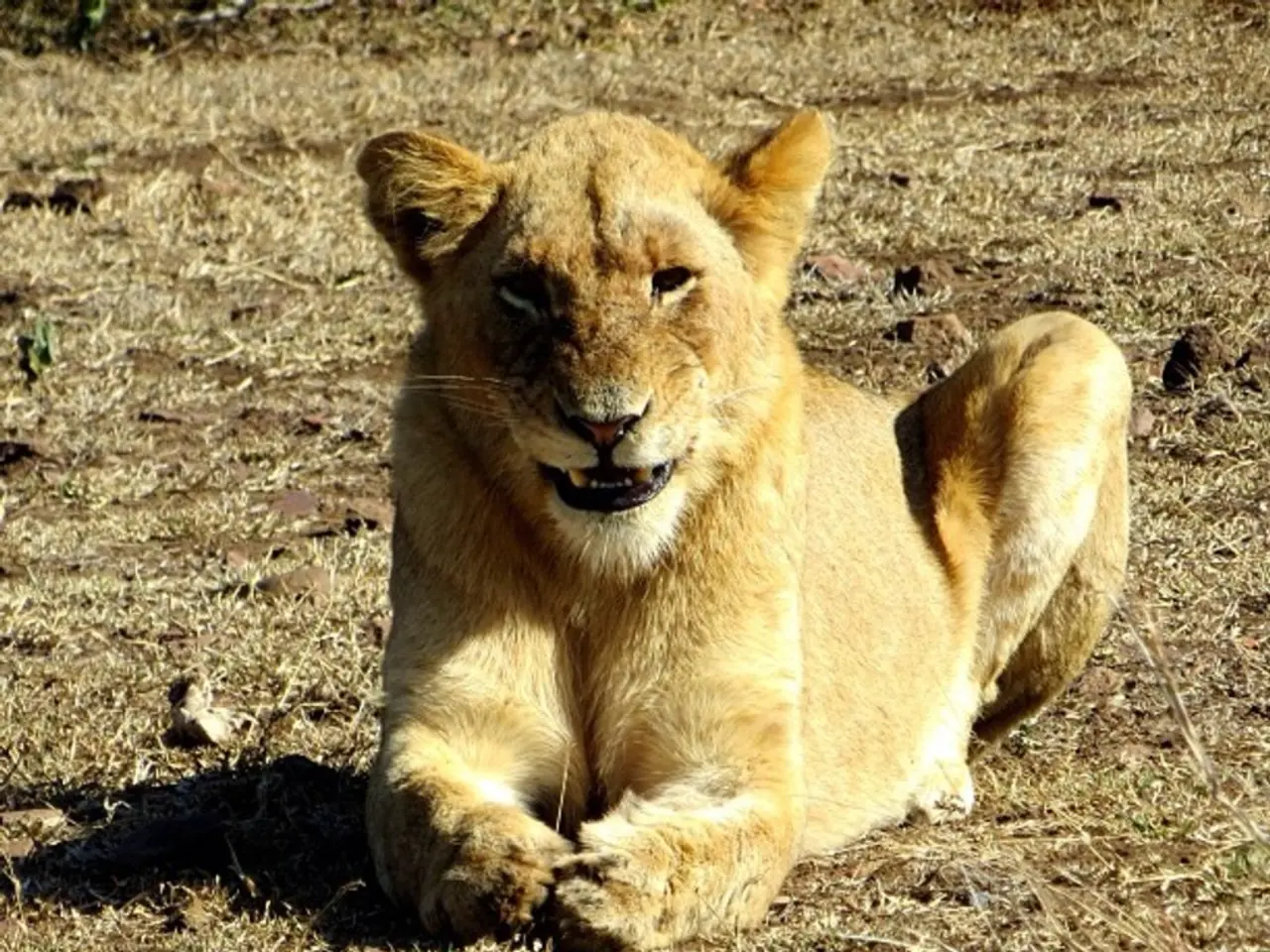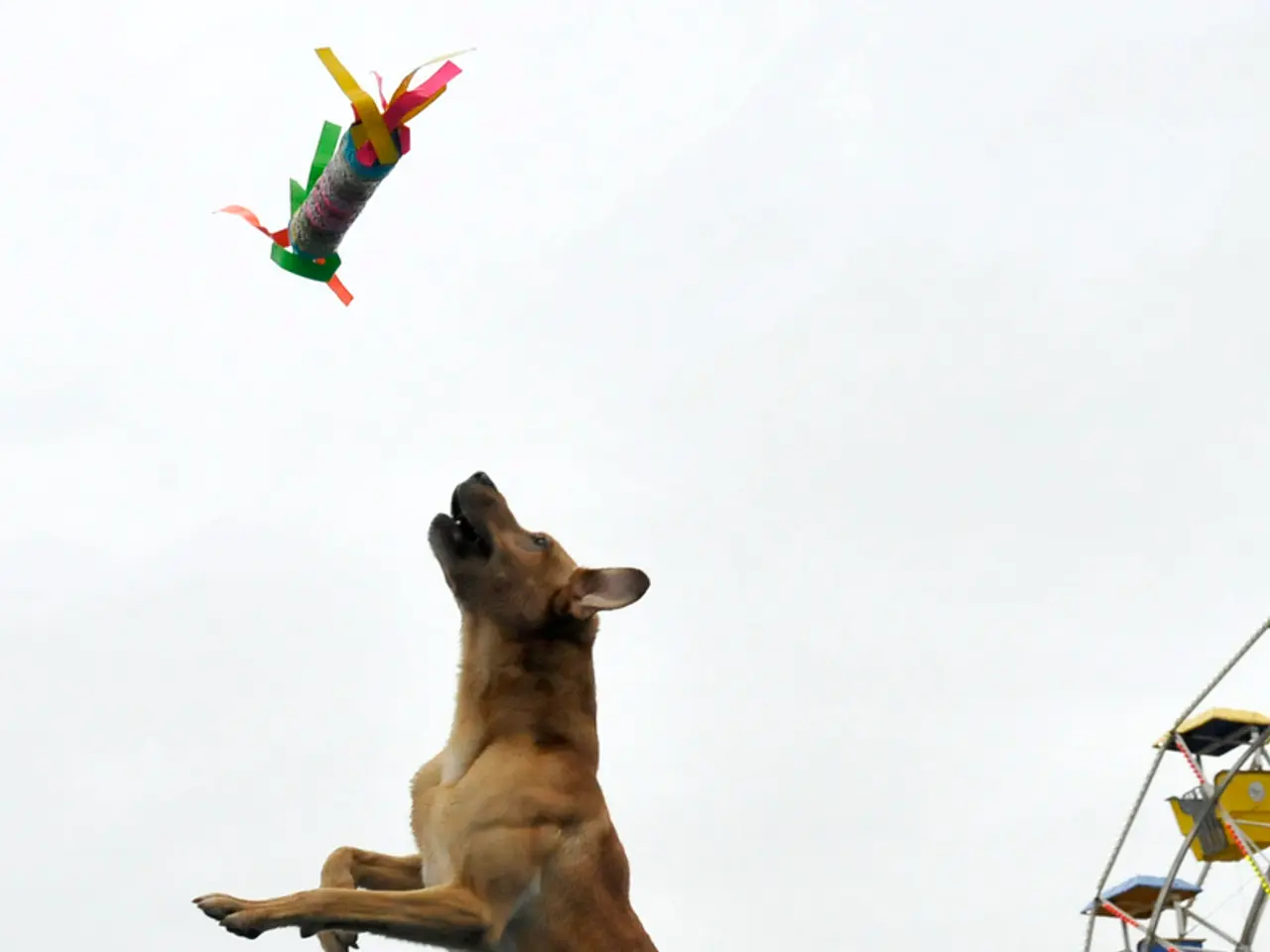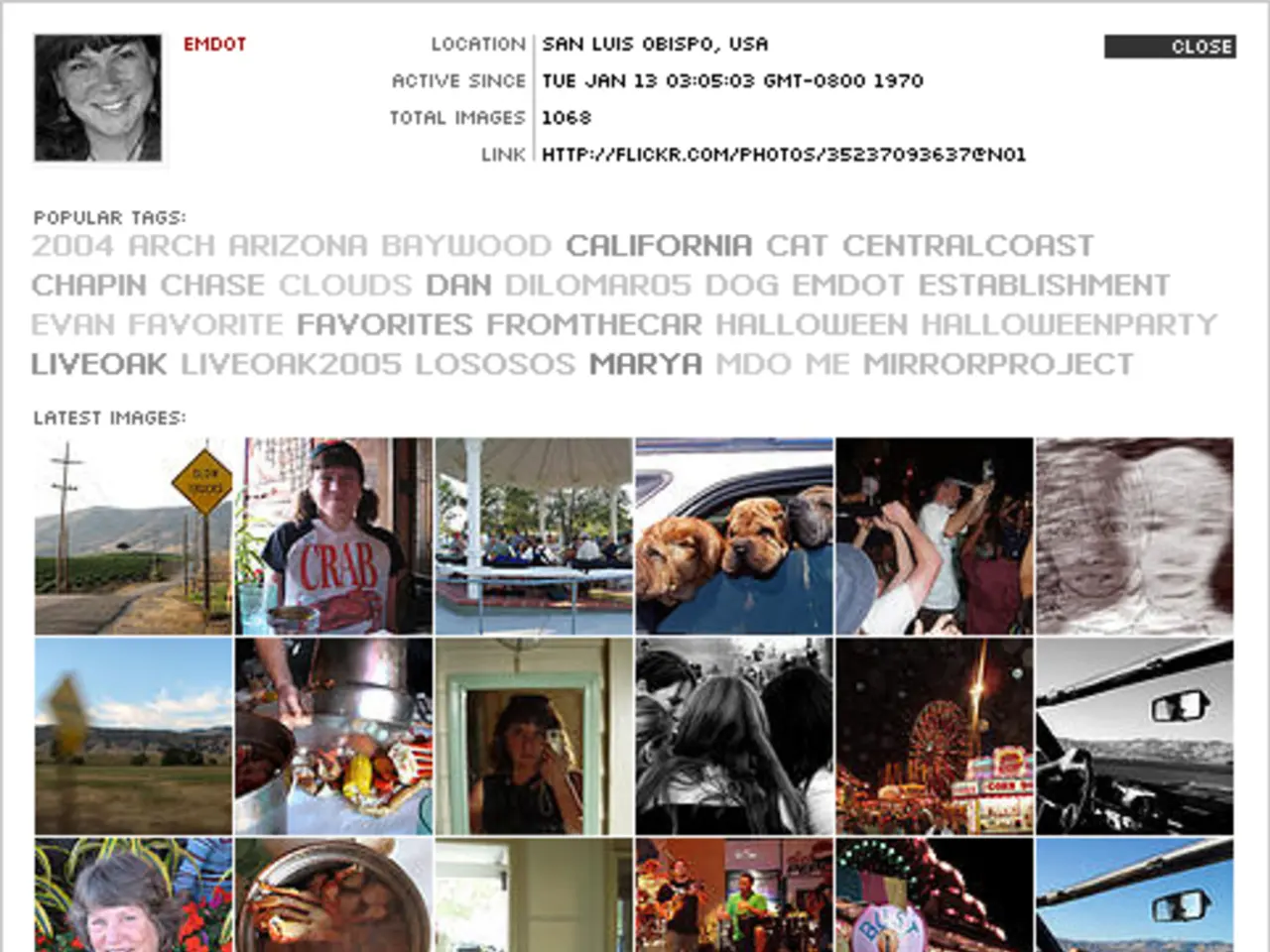Child encounters vicious mountain lion attack during family trek on frequented Olympic National Park trail
In the heart of the Pacific Northwest, Olympic National Park has recently witnessed a rare and unfortunate incident involving a mountain lion (cougar) attack. While such occurrences are uncommon, the event has underscored the importance of understanding how to respond safely when encountering these elusive predators.
Recent Developments in Olympic National Park
Mountain lions, or cougars, are native to the Olympic Peninsula and can weigh over 100 pounds. Sightings are rare, and attacks even more so. However, the National Park Service advises visitors not to approach mountain lions but to face them, speak firmly, wave arms, and back away slowly.
Safety Tips for Encountering Mountain Lions
- Maintain a Safe Distance: Do not approach the mountain lion. Provide it with an escape route, as lions tend to avoid confrontation.
- Avoid Running or Turning Your Back: Running can trigger a chase instinct, while turning your back can make you appear vulnerable. Instead, stand your ground, face the animal, and maintain eye contact.
- Make Yourself Appear Bigger: Raise your arms, open your jacket, wave slowly, and speak firmly to intimidate the animal.
- Secure Small Children: If you have young children, pick them up immediately without bending over or turning away. This helps to prevent them from panicking or running.
- Avoid Crouching or Squatting: These postures resemble prey and may provoke an attack.
- Fight Back if Attacked: If attacked, fight back aggressively using whatever is at hand, such as rocks, sticks, jackets, or bare hands. Aim to stay standing and protect your head and neck, the usual target areas for an attack.
- Stay Alert and Make Noise: Make noise while hiking to alert wildlife to your presence, reducing surprise encounters.
- Report Any Sightings or Aggressive Behavior: Report any mountain lion sightings or aggressive behavior to local wildlife authorities or park offices to help monitor and manage risks.
These guidelines reflect expert consensus and current National Park Service advice for cougar safety in the Pacific Northwest, including Olympic National Park.
Details of the Attack
The attack occurred on Sunday, July 20, near the Victoria Overlook area on Hurricane Ridge, a busy mountain area in the park with multiple short, family-friendly trails. The victim, a four-year-old child, was bitten during a family hike. The child was airlifted by a LifeFlight helicopter to a Level 1 Trauma Center and is currently undergoing treatment in a Seattle hospital.
However, no information about the mountain lion's collar or its normal behavior patterns in the park was provided. Rangers have stated that there are no current threats to the public.
Stay Vigilant
Mountain lion attacks on humans are extremely rare, but they can occur. It is important to remain vigilant when hiking or recreating in mountain lion country, even in National Parks. Proper hiking boots are a necessity for hiking on trails.
Remember, while the risk of a mountain lion encounter is low, it is always better to be prepared. By following these safety tips, you can enjoy the beauty of Olympic National Park while minimizing the risk of an encounter with these powerful predators. If you do encounter a mountain lion, back up slowly and make yourself appear big. If you witness any unusual mountain lion behavior or have any information regarding the recent attack, please contact the National Park Service at 888-653-0009 or email [email protected].
- In light of the recent mountain lion attack in Olympic National Park, maintaining awareness of health-and-wellness practices related to wildlife encounters, such as the National Park Service's safety tips for interacting with mountain lions, is essential for visitors to the park, emphasizing the confluence of science, health-and-wellness, and sports while in the great outdoors.
- As the National Park Service continues to monitor the mountain lion population in Olympic National Park for unusual behavior and aggression, active participation in sports like hiking or other recreational activities necessitates a thorough understanding of science, particularly that related to wild animals, to ensure safety and an enjoyable experience in the park's health-and-wellness-focused environment.




